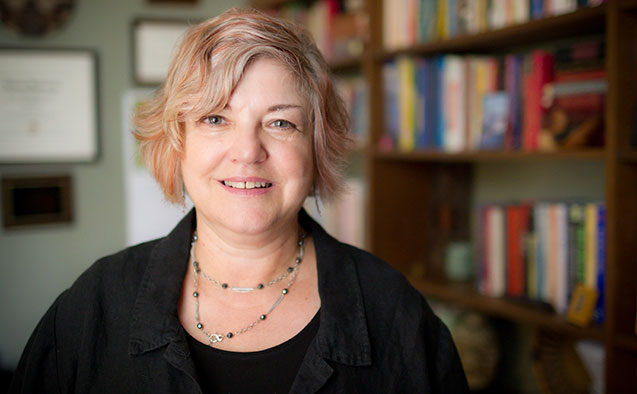Parenting and happiness in 22 countries

To better understand why American parents report lower levels of happiness than non-parents, Wake Forest Professor of Sociology Robin Simon and her fellow researchers – lead author Jennifer Glass at the University of Texas and Matthew Andersson at Baylor University – looked at adults with and without children in 22 other countries.
The researchers found that the “happiness penalty” for parents varies substantially from country to country and is not found in places with parent-friendly policies.
The researchers considered paid parenting leave, the cost of child care, the number of paid sick and vacation days guaranteed by law, and the extent of work schedule flexibility.
“Our research provides an answer to the question that has long preoccupied sociologists regarding why American parents report lower levels of happiness than non-parents.” Robin Simon, professor of sociology
“Our results clearly indicate that parents in the U.S. have to bear the responsibility of raising children to adulthood alone – without the aid of strong family policies that reduce the stress of parenthood, particularly the stress of combining paid work with parental obligations, in other economically advanced societies,” Simon said.
A briefing summarizing the findings, “Social Policies, Parenthood and Happiness,” was presented this week at the Council for Contemporary Families (CCF) and the full study will be published in the American Journal of Sociology in September.
“What we found was astonishing,” reported Glass, Simon and Andersson. “The negative effects of parenthood on happiness were entirely explained by the presence or absence of social policies allowing parents to better combine paid work with family obligations. And this was true for both mothers and fathers. Countries with better family policy ‘packages’ had no happiness gap between parents and nonparents.”
In some countries, such as Norway and Hungary, parents are actually happier than non-parents.
The researchers shared the following points from the study:
- The positive effects of good family support policies for parents were not achieved at the expense of non-parents. The policies most helpful to parents also improved the happiness of everyone in that country, whether they had children or not.
- Policies such as guaranteed minimum paid sick and vacation days make everyone happier, but they had an extra happiness bonus for parents of minor children.
- Countries with cheaper out-of-pocket costs for child care had happier non-parents as well as parents.
- Another striking finding was that giving money to parents in the form of child allowances or monthly payments had less effect on parental happiness than giving them the tools to combine employment with parenting.
- Gender made little difference: Fathers’ happiness was slightly more sensitive to money policies (child care costs, specifically), and mothers’ happiness was slightly more sensitive to time policies (especially paid sick and vacation days). But these differences were minor.
The new study, according to CCF’s research director Stephanie Coontz, leaves little doubt about the benefits of policies to support working families: “We have reams of research showing that investing in children’s well-being benefits all members of society down the road, in lower crime rates and more productive employees. This study highlights that, even when it comes to personal happiness, supporting working parents is not a zero-sum game.”
Simon’s current research (with Indiana University’s Jennifer Caputo, Ph.D.) uses a national sample of American adults to examine parental status differences in 12 different dimensions of well-being.
Here are links to the Council on Contemporary Families news release and to the briefing. The study was supported by the National Science Foundation.
Categories: Research & Discovery
Wake Forest News
336.758.5237
media@wfu.edu
Meet the News Team
Headlines
Wake Forest in the News
Wake Forest regularly appears in media outlets around the world.




